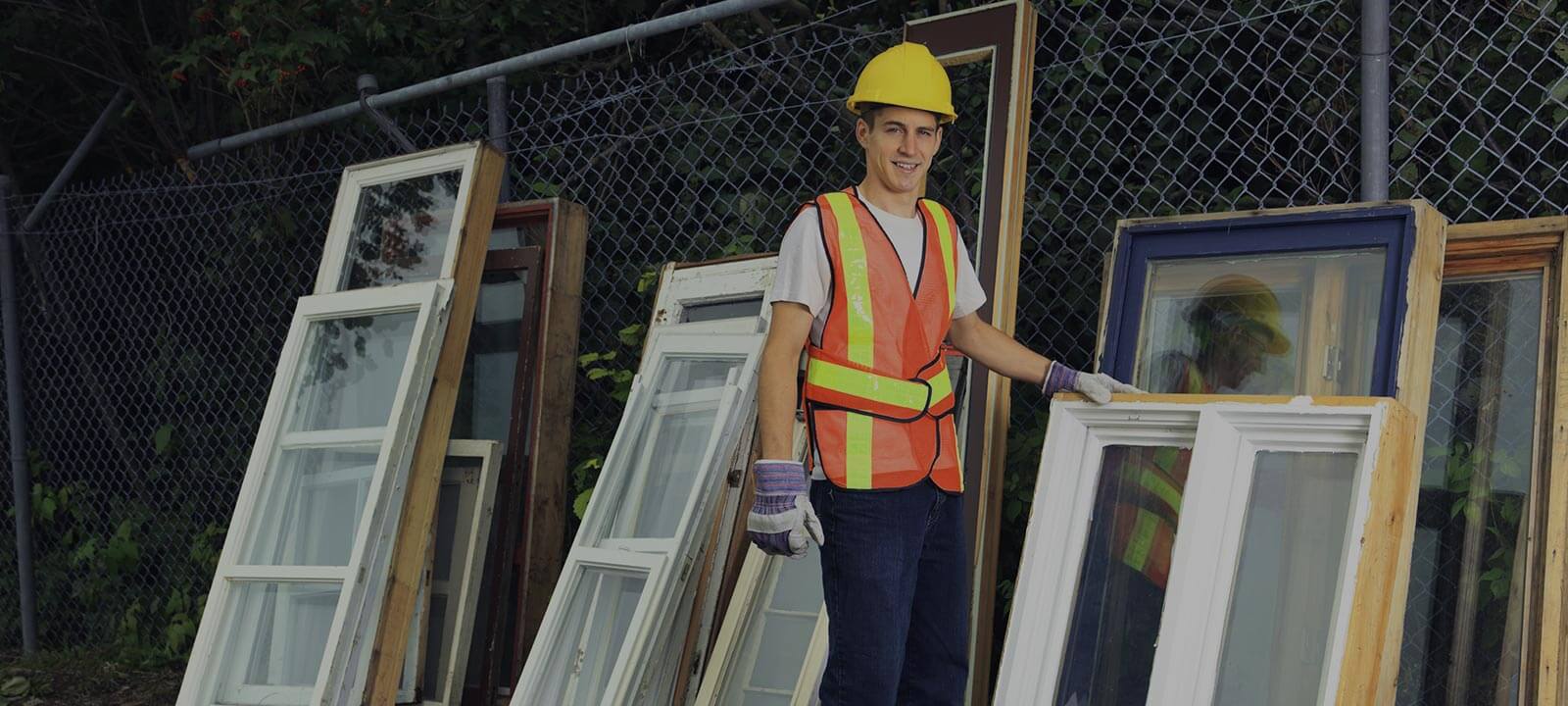Ditch the Junk: Optimal Rubbish Disposal Alternatives
Posted on 07/05/2024
When it comes to waste management, the phrase "out of sight, out of mind" is no longer an acceptable attitude. As our planet continues to face increasing environmental challenges, it's more important than ever to make conscious choices when it comes to disposing of our rubbish. Despite the convenience and familiarity of traditional methods, such as landfills and incineration, these options often have negative impacts on the environment and human health. In this article, we'll explore some alternative rubbish disposal methods that are not only eco-friendly but also efficient and cost-effective.
Recycling
Recycling is perhaps the most well-known and widely used alternative to traditional rubbish disposal methods. The process involves collecting, sorting, and processing materials like paper, plastic, glass, and metal into new products. By recycling our waste instead of throwing it in the trash, we can reduce the amount of waste ending up in landfills or incinerators and conserve natural resources.
One of the major benefits of recycling is its positive impact on the environment. It reduces pollution caused by extracting raw materials and producing new products. Recycling also helps to conserve energy by using less energy-intensive processes compared to manufacturing new materials. Additionally, it creates jobs in recycling industries and promotes a circular economy.
However, one downside of recycling is that not all materials are recyclable or cost-effective to recycle. This makes proper sorting crucial to ensure contaminated items do not end up in recycling streams, which can increase costs and decrease efficiency. It's also essential for consumers to educate themselves on what can and cannot be recycled in their local area.

Composting
Composting is the process of converting organic waste such as food scraps, yard trimmings, and paper into nutrient-rich soil through natural decomposition. This method not only helps divert biodegradable waste from landfills but also creates a valuable resource for gardening and farming.
One significant benefit of composting is its ability to reduce greenhouse gas emissions. When organic waste decomposes in landfills, it produces methane gas, a potent greenhouse gas that contributes to climate change. Composting can also help improve soil health and decrease the need for chemical fertilizers in agriculture.
However, composting may not be feasible for everyone due to space constraints or lack of knowledge on how to properly manage it. It also requires a balance of ingredients, including carbon-rich and nitrogen-rich materials, to create high-quality compost. To overcome these challenges, many communities offer composting services or workshops to educate homeowners on how to create their own compost at home.
Zero Waste Lifestyle
The concept of zero waste lifestyle is gaining popularity as more people become aware of the impact of waste on our environment. The goal of living a zero-waste lifestyle is to minimize the production of waste by reducing, reusing, and recycling. This includes using durable and reusable products instead of single-use items, repairing items rather than replacing them, and buying products with minimal packaging.
Adopting a zero-waste lifestyle can significantly reduce the amount of waste we produce and ultimately end up in landfills or incinerators. It also saves money in the long run by avoiding unnecessary purchases. However, implementing this lifestyle may require significant changes in habits and mindset, which can be challenging for some individuals.
Conclusion
In conclusion, there are various alternatives to traditional rubbish disposal methods that are not only better for the environment but also have other benefits such as cost savings and resource conservation. Recycling, composting, and adopting a zero-waste lifestyle are just a few examples of the many options available. By taking small steps towards more sustainable practices in our daily lives, we can collectively make a big difference in preserving our planet for future generations.
Tips for Optimal Rubbish Disposal:
- Educate yourself on what can and cannot be recycled in your local area.
- Practice proper sorting to ensure contaminated items do not end up in recycling streams.
- Consider composting your organic waste at home or look into community composting options.
- Make conscious purchasing decisions to reduce the amount of waste produced.
- Repair or repurpose items instead of throwing them away.
Pros:
- Reduces pollution and conserves natural resources.
- Creates jobs and promotes a circular economy.
- Helps reduce greenhouse gas emissions and improves soil health.
- Can save money in the long run.

Cons:
- Not all materials are cost-effective or feasible to recycle.
- May require changes in habits and mindset.
- Composting may not be feasible for everyone due to space constraints.
Takeaways:
By choosing alternative rubbish disposal methods, we can make a positive impact on the environment. It's essential to educate ourselves on proper waste management practices and make small changes in our daily lives to reduce our carbon footprint. We can also support initiatives that promote sustainable waste management and advocate for better waste management policies.
In summary, it's time to ditch the junk and opt for optimal rubbish disposal alternatives that prioritize the well-being of our planet. Let's work together towards a cleaner, healthier, and more sustainable future for all.










